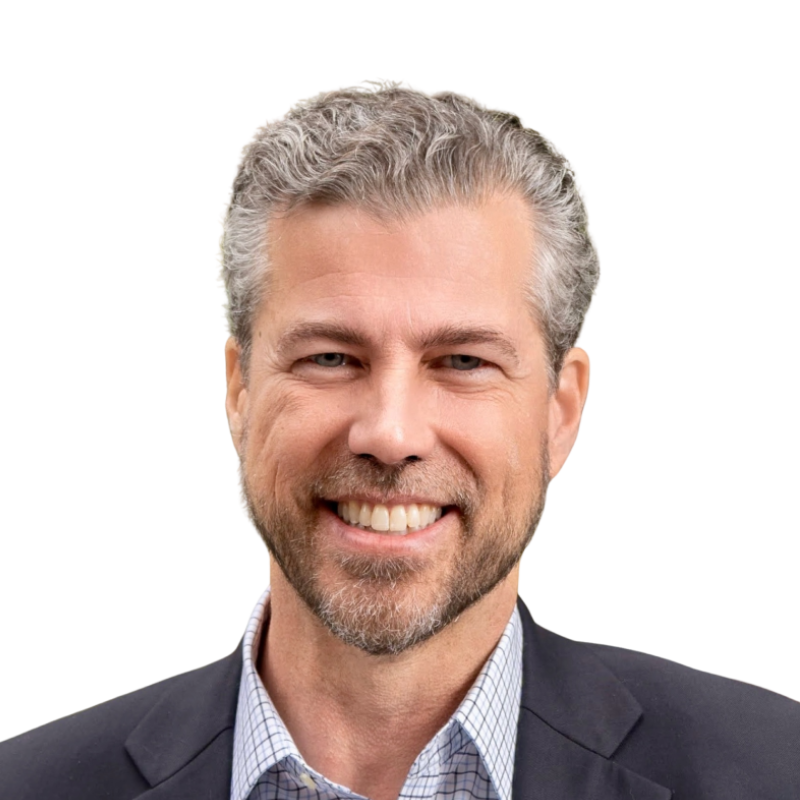Show Notes
In part one of our four-part series with Darren Cooke, UC Berkeley’s Interim Chief Innovation & Entrepreneurship Officer, he shares his journey from engineering cochlear implants to practicing high-stakes patent law and leading innovation across Berkeley’s biotech ecosystem.
Darren reflects on the formative experiences, career pivots, and mentors that shaped his approach to entrepreneurship—offering practical wisdom and behind-the-scenes stories, from working with Supreme Court Justice Sonia Sotomayor to building collaborative biotech communities that unite science and business.
Key topics covered this episode:
- Early engineering curiosity and hands-on problem-solving
- Career pivots that reveal new strengths and passions
- Mentorship and guidance that accelerate growth
- Building Berkeley’s biotech innovation ecosystem
- Lessons for founders on humility, adaptability, and collaboration
Prefer video? Watch the full episode on YouTube:
Resources & Articles
- Cal Poly San Luis Obispo "Learn by Doing" Engineering Program: https://www.calpoly.edu/learn-by-doing
- UCSF Department of Otolaryngology: Projects on Cochlear Implants: https://ohns.ucsf.edu/otology-neurotology/cochlear-implant-center
- The Gates Cambridge Scholarship: https://www.gatescambridge.org/apply/criteria/
- Columbia Law School’s Pro Bono Requirement: https://www.law.columbia.edu/careers/public-interest/pro-bono-requirement-and-program
- Berkeley’s BioTrack at SkyDeck Startup Accelerator: https://skydeck.berkeley.edu/biohealth-track/
- NIH and NSF I-Corps Entrepreneurship Programs: https://www.nsf.gov/funding/initiatives/i-corps
- Startup Campus (How UC Berkeley became a leader in entrepreneurship) https://a.co/d/5pCg83q
Organizations & People
- Life Science Angels: https://www.lifescienceangels.com/
- UCSF: https://www.ucsf.edu/
- Columbia Law School: https://www.law.columbia.edu/
- Brown & Bain (now part of Perkins Coie): https://www.perkinscoie.com/
- UC Berkeley: https://www.berkeley.edu/
- Sonia Sotomayor: https://www.linkedin.com/in/sonia-sotomayor-6b7a56117/




